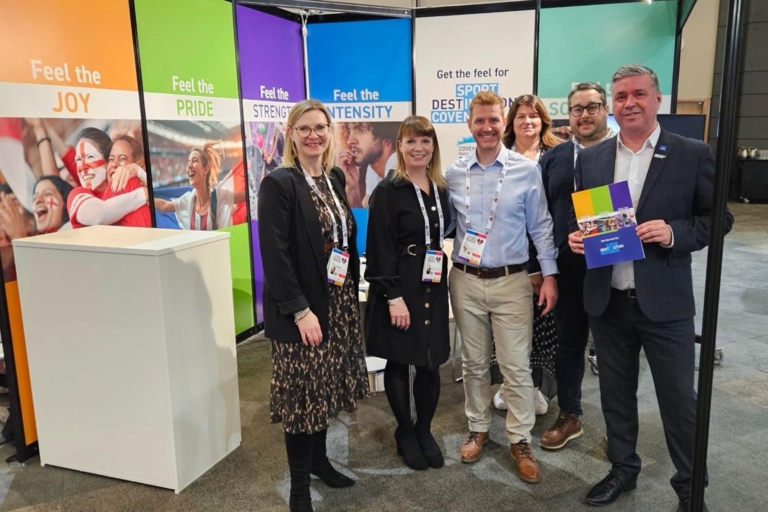RSM investigates the new Recovery Loan Scheme

The Recovery Loan Scheme (RLS) starts in April to replace the Coronavirus Business Interruption Loan Scheme (CBILS) and the Coronavirus Large Business Interruption Loan Scheme (CLBILS). RSM provides its analysis of the new scheme.
Many companies may currently be facing continuing pressure on funding and cashflow. If that’s so, says RSM, then help may be at hand in the form of the RLS. The firm added that some borrowers will be wondering what happens when their current CBILS reaches its first-year anniversary, leading to the start of repayments and the end of the interest holiday.
The RLS is likely to be a fund-driven market
As with previous schemes, the RLS has been trailed in the Budget, without the full details being announced. These will be made clearer closer to its launch on April 6. Although it still benefits from government backing, the loan won’t have an interest-free period, interest will be payable straightaway, much like today’s CLBILS loan.
The maximum loan size is to be £10 million (and may be expanded to £30m for groups), there is no size test for businesses to access the loans and the purpose will be much broader than CBILS. Loans can be for any legitimate business purpose, including managing cashflows and growth.
What is likely to happen in practice is for debt funds to raise and lend funds backed in this way as they already have against CBILS. The key effect will be to further fuel the debt fund market as an alternative to bank lending – this should provide some competitive loans at relatively high leverage levels for growing businesses.
The CBILS interest-free period (and typically also repayment period) will end at the first anniversary the loan was made.
All loans under the original CBILS scheme were offered with an ‘interest free’ year and no upfront fee, albeit this was not in fact provided free by the lender. Instead, the Government paid the interest for this period as a state subsidy. As the first loans made in March 2020 come to maturity, this will start to become an issue for more and more borrowers.
In particular, companies who borrowed from higher interest lenders (up to 12% in some cases), without really focusing on the interest bill as an immediate issue, may find life hard when they start having to pay the interest. In many cases, the effect will be worsened as many loans have their repayments beginning at the first anniversary.
Can companies simply get an RLS to refinance the CBILS and a second interest-free period? Can they refinance their CBILS with a bigger RLS?
The good news is companies can refinance their existing CBILS with an RLS. In this case, it’s important to understand they don’t get a second interest-free year, but it may be possible to negotiate a second payment holiday year. This is because the Government has said it won’t pay for a second year of free interest, but conversely, many of the alternative lenders looking to attract RLS business have said they would give another repayment holiday year in order to attract the business. As to the second question, yes in principle, companies can increase their CBILS by taking out an RLS for additional amounts.
Life after CBILS: refinancing a CBILS
There is a great deal of dry powder in the debt markets at present, and companies have a wide range of financing opportunities, either under the RSL or otherwise. Debt funds are very anxious to deploy capital and are likely to drive the market, but banks are more selective as some are fairly ‘full’ resulting from the volume of Bounce Back Loan/CBILS lending in 2020.
If a company has done well in the Covid-19 period, but took on expensive debt as they were hard hit by the first phase of the crisis and then did better than expected, the opportunity is now there to refinance more cheaply, perhaps with a bank that wouldn’t look at lending the first time around.
However, if a company has done less well, the opposite may be true and now might be a good time to move to an alternative lender. RSM has found that alternative lenders can offer increased funding to companies in order to support a growth story, and the firm expects that the new RLS will further encourage this.
If you have any queries about RLSs, email Gregory Moreton, partner at RSM on [email protected]












